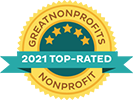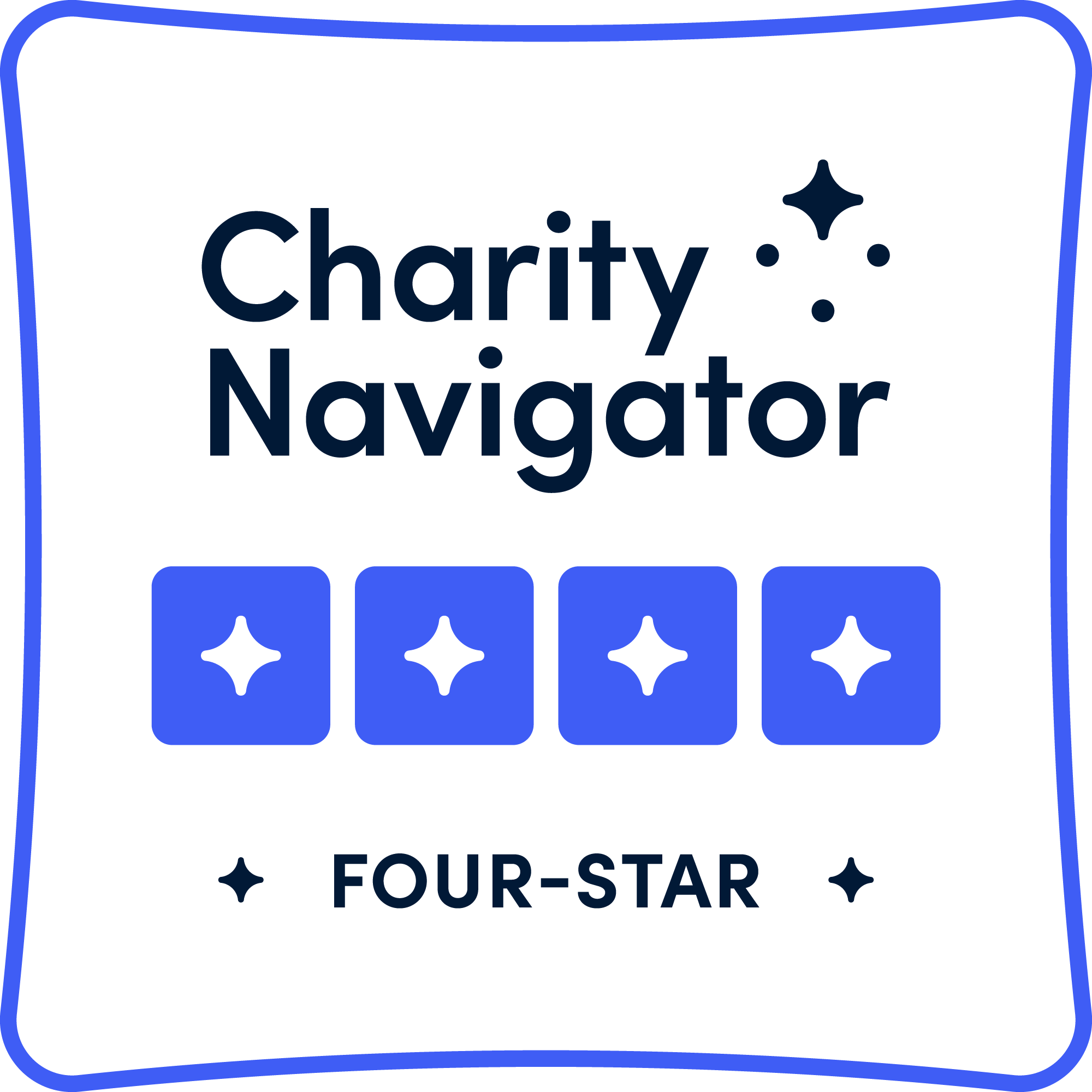Report from International Symposium on Amyloidosis
The 2016 International Symposium on Amyloidosis was held in Uppsala, Sweden in early July. Over the years the meeting has grown in size and it was impressive to see over 400 scientists and experts come together to spend three days sharing knowledge and learning more about amyloidosis. ARC’s booth, presentations and meetings highlighted the important role and achievements of the Amyloidosis Research Consortium, as well as an opportunity to bring together all stakeholders to work on collaborative initiatives moving forward.


Inaugural Meeting of ARC’s Collaborative Network
ARC held a number of key meetings, bringing together industry partners, patient representatives and experts to discuss registries and research programs that will advance our knowledge and support the development of new treatments. ARC hosted the first meeting of the Collaborative Network. The network stretches across the globe, and is made up of twenty-four amyloidosis centers, each one having met rigorous criteria. The Clinical Network is focused on expediting and optimizing clinical research through efficient clinical trial design, accelerating accrual, sharing data and addressing the barriers that slow down the delivery of promising therapies. It was a great evening and we look forward to announcing the initial studies soon.

ARC booth
The only nonprofit organization represented by a booth, ARC Director Dena Heath staffed the booth for the duration of the conference. She spoke with doctors and scientists from around the world, sharing the ARC mission of accelerating the development of advanced diagnostic tools and effective treatments for systemic amyloidosis through collaboration and innovation. Ms. Heath also presented the new Amyloidosis Clinical Resources App for smart phones and tablets and the two new laminated pocket cards for health care professionals – the Cardiac Alert pocket card and the Clinical Trials pocket card.

ARC poster
One of the challenges faced by amyloidosis is the time that it takes to get diagnosed and the number of physicians who miss the diagnosis. Resulting from the critical study ARC conducted last year identifying which specialties are most likely to miss the diagnosis, a roundtable of cardiologists was convened to identify programs to impact early and accurate diagnosis of amyloidosis. The results were shown as a poster presentation entitled Recommendations from the Amyloidosis Research Consortium Educational Roundtable at the American Cardiology Annual Meeting, April 1, 2016, by Mat Maurer, et al.
The poster was interactive with many attendees at the meeting contributing ideas to best address these initiatives.
International Patient Support Group Leader Meeting
The European patient support group leaders participating in the conference organized a joint meeting and planning session. Countries represented included Brazil, Sweden, Spain, Portugal, France, Germany, Italy, Netherlands, Israel, and Japan. ATTR amyloidosis patient numbers are consistently higher in the EU and South American support groups than they are in the U.S. groups. These group leaders are working hard to build their alliances, expand their patient access, and work as a united voice for patients in their countries and in the amyloidosis community as a whole. The ARC was invited to attend this session and to share the amyloidosis resources here in the U.S. including the new APP, the websites and the ATTR patient meeting held every other year in Chicago.
We look forward to participating again at the 2018 ISA meeting in Kumamoto, Japan.
- Categories



